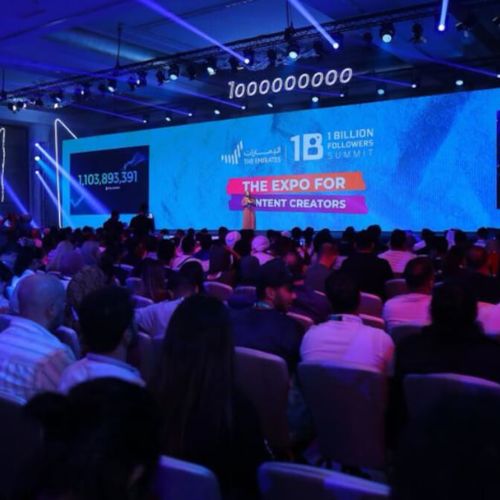Beginning on May 1, 2023, Jean Touboul will serve as Pernod Ricard India’s next managing director. Before moving to Singapore, Touboul served as managing director of Pernod Ricard South-East Asia. Along with China and the US, Pernod Ricard lists India as one of its three “must-win” nations. Following an investigation into alleged corruption and cartelization related to the city’s excise policy, the Delhi government last week rejected Pernod Ricard’s application for a licence to operate in the city.
Jean Touboul has been named the next managing director of Pernod Ricard India, effective May 1, 2023. Touboul was previously the managing director of the Pernod Ricard South-East Asia business, which was situated in Singapore. In addition to serving as a member of the Pernod Ricard Asia Executive Committee, he will continue to report to Philippe Guettat, Chairman and CEO of the company.
Driving our various strategic initiatives and the tremendous prospects in a country as culturally diverse as India is what I am most looking forward to in my new position. By establishing sustainable, industry-leading operations and staying true to our focus on innovation and transformation, we have achieved significant achievements in this market, Touboul said.
Paul-Robert Bouhier, who had been serving as managing director for Pernod Ricard in India since January of this year, recently announced his resignation.
India is one of the three “must-win” nations for the distiller, which also sells Royal Salute, Glenlivet, and Absolut, alongside the US and China. Nearly 17 million people will be added as they reach the legal drinking age on a yearly basis for the next three to five years, bringing the total number of middle-class consumers who can afford premium and above in the country to about 150 million.
The second-largest spirits company in the world announced last week that the Delhi government had denied its application for a licence and that it would need to have it renewed in the upcoming months. The corporation was named by investigating agencies in a case of alleged corruption and cartelization connected to Delhi’s now-scrapped excise regime, prompting the government to take action.
The Indian division of Pernod Ricard was accused of engaging in retail cartelization, money laundering, and false price declarations, according to allegations made by the Enforcement Directorate (ED) earlier this year. Pernod Ricard claimed in a letter to Tissot that it was striving to create circumstances that would provide it a strategic edge in 20 of the 32 proposed zones in Delhi as part of its goal of “winning Delhi by distance” while seeking permission on a corporate guarantee, according to the ED’s charge sheet.















